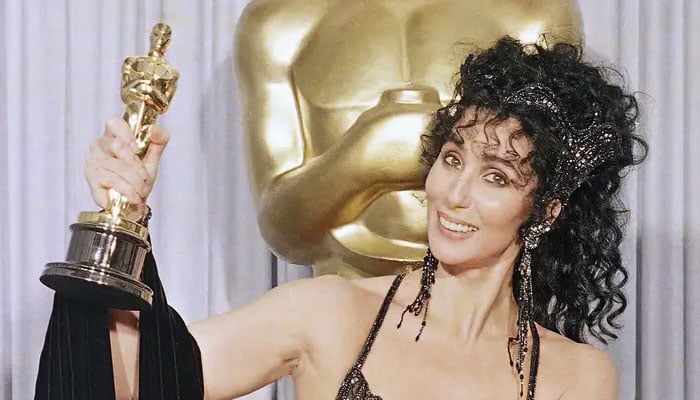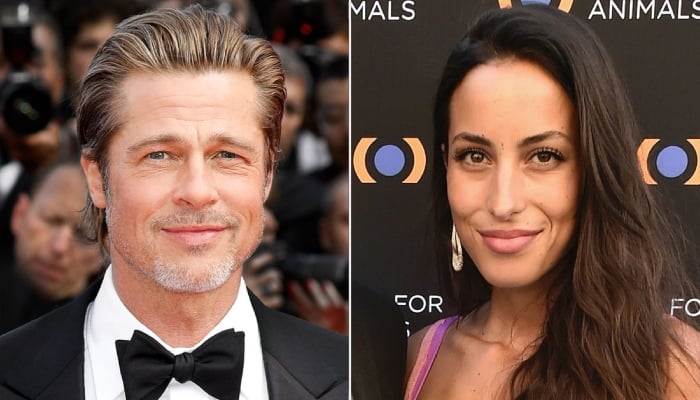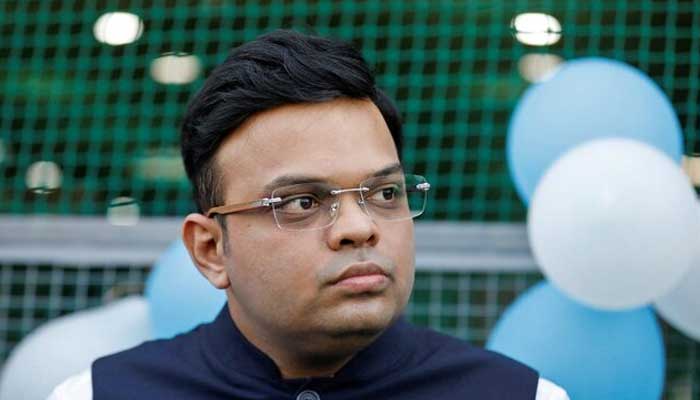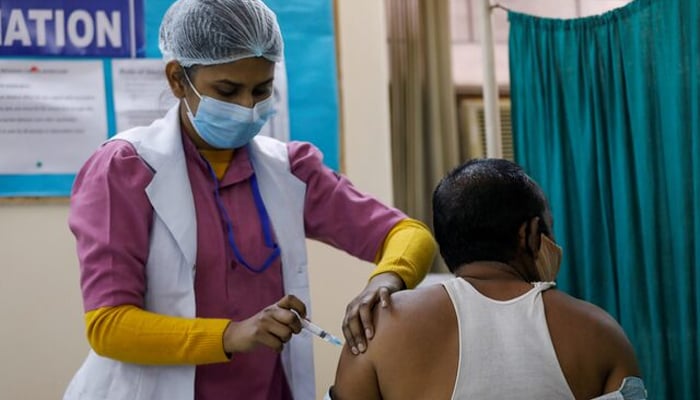
This Prime Video show is reshaping modern narratives and we need to talk about it
The Boys is a four-season, satirical action series developed by Eric Kripke. Set in a fictional rendition of the modern world, the Prime Video production focuses on superheroes as the most prominent group of influencers in the media landscape. In the show's universe, these individuals often command respect parallel to that of religious figures.
The show particularly highlights The Seven, an elite group of heroes tasked to protect the world from crime. The team is managed by Vought International, a fictional entertainment conglomerate responsible for branding superheroes. In the beginning, members of The Seven include Homelander [Anthony Starr], Queen Maeve [Dominique McElligott], A-Train [Jessie T. Usher], The Deep [Chace Crawford], Black Noir [Nathan Mitchell], Translucent [Alex Hassell], and the most recent Starlight [Erin Moriarty], all of whom are as admired in their world as fictional superheroes are in ours.
However, there is something acutely sinister simmering beneath the surface that doesn't meet the eye. Behind closed doors, these superheroes (or Supes) often derive pleasure from varying levels of depravity, including but not limited to sexual violence. Homelander, the leader of The Seven himself, is revealed to be a rapist and mass murderer with an addition of odd fixations on his secret record.
The Boys follows the titular team led by vigilante Billy Butcher [Karl Urban], who wants to take down Homelander, and ultimately all Supes, to satisfy a personal vendetta. The series opens with Hughie Campbell [Jack Quaid], whose girlfriend Robin Ward [Jess Salgueiro] is murdered by A-Train in a moment of careless lapse. The trauma plagues Hughie till Butcher finds him, and the two enter a mutually beneficial alliance.
Other leading characters who join the anarchical mix are Mother's Milk or MM [Laz Alonso] and Frenchie [Tomer Capone], who are old associates of Butcher, and the outlier Kimiko [Karen Fukuhara], who is a Supe herself though with a history of militant child exploitation. Throughout the seasons, the group sets out on various missions to take down The Seven, primarily Homelander.
The evolution of superheroes
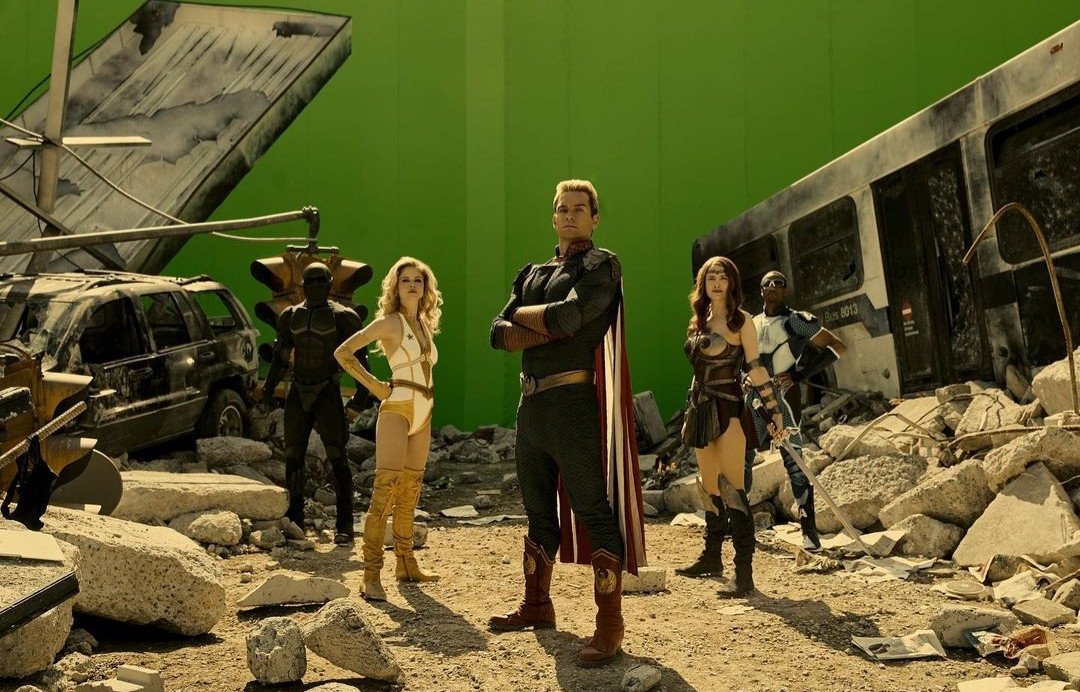
Based on the adult comics by Garth Ennis and Darick Robertson, the dark comedy series is laden with verbal and visual debauchery, overturning what is generally expected of the family-friendly superhero genre. The creative choices are brave, to say the least, and commendable in their sardonic presentation of what it means to hold extraordinary physical prowess.
Dating back to their origins in the late 1930s, superheroes have cemented their place in popular culture, be it through movies, TV shows, or comic books. The earliest known superhero is the Phantom, a crime-fighter who made his newspaper debut in 1938, only two years before the fan-favourite idealist, Superman.
This image of nobility has clung to superheroes since the invention of the genre, and it is accentuated in some more than others, as in the case with Marvel's Captain America. What such a character plainly represents is a notion of righteousness that fails to comply with realism.
At their core, even privately, these superheroes champion a sense of flawless American excellence that disobeys human depth and dimensionality, which is exactly what the Supes of The Boys repudiate. Homelander, who serves as an ironic caricature of the self-denying American hero, is an explicit depiction of what would happen if an image-oriented superhero existed in real life. Rather than an altruistic force, he would be an unstable politician at best.
In The Boys universe, people are safer rescuing themselves rather than relying on Supes. Homelander proves this fact in Season 3 Episode 2 (The Only Man in the Sky) by killing a suicidal girl who he was tasked to rescue as an annual public stunt. "How is it that you get saved while a beautiful, perfect god gets killed?" he questions the girl, referring to his dead, white supremacist lover and Supe, Stormfront [Aya Cash].
"You know what? I think you should jump," Homelander says after a moment of contemplative silence. The girl refuses, frightened for her life with renewed vigour as she invokes divine intervention. In a frenzy of rage, Homelander rebukes, "No, no! No god. The only man in the sky is me." After this, he lasers the girl to death, sabotaging the efforts of his media team, though with no real consequences.
Real-world politics over fantasy
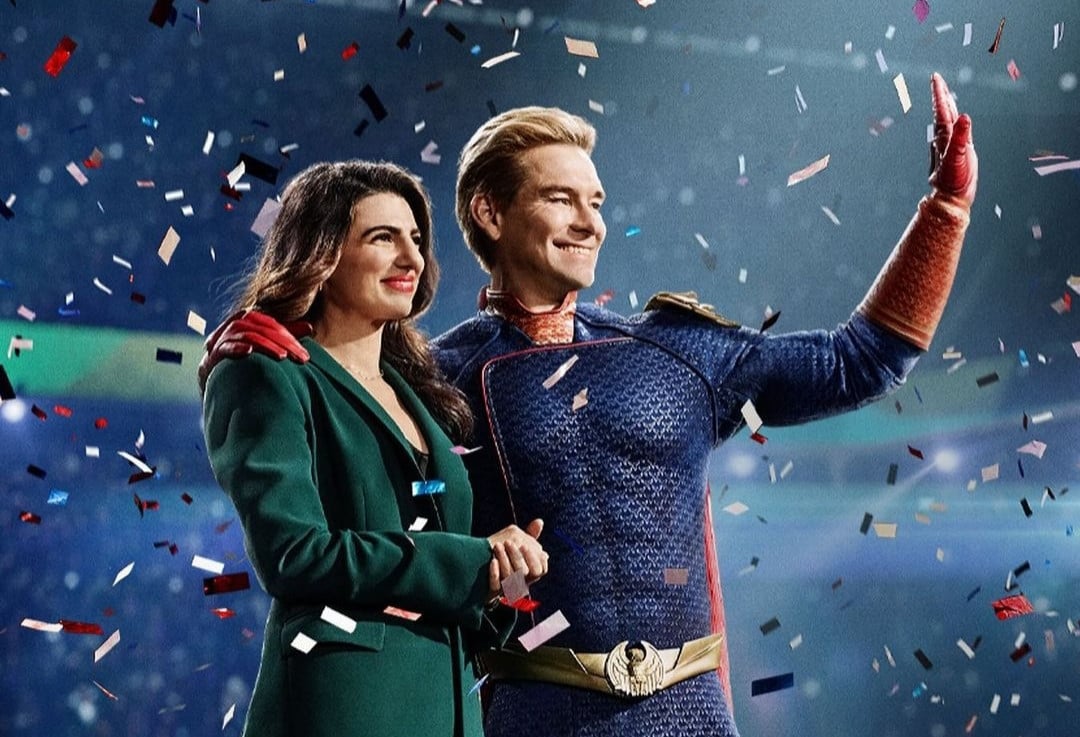
Marginalised groups in general are not safe from the fragile wrath of the Supes, even Supes themselves, especially women. On her first day as a buoyant member of The Seven, Starlight gets sexually assaulted by The Deep, who downplays the severity of the violation by deeming it a common practice for initiation. In simpler words, he suggests that Starlight should stay quiet if she values her position in The Seven.
Similarly, even Maeve, who is a senior member of the team, is heavily implied to have undergone domestic violence at the hands of Homelander, who she was in a forced relationship with. In Season 3 Episode 5 (The Last Time to Look on This World of Lies), Maeve comes clean to Homelander about her feelings regarding their past relationship, "From the start, I hated you." She builds up the strength to retaliate over the course of the narrative after developing immunity to her earlier fears, much like Starlight.
The presentation of male characters like Homelander and The Deep as less of possessors of supernatural power and more of evil men who prey upon the vulnerability of women under their subordination mirrors real-life acts of sexist brutality, which is what makes the show a significant contributor to political art.
The showrunner’s vision
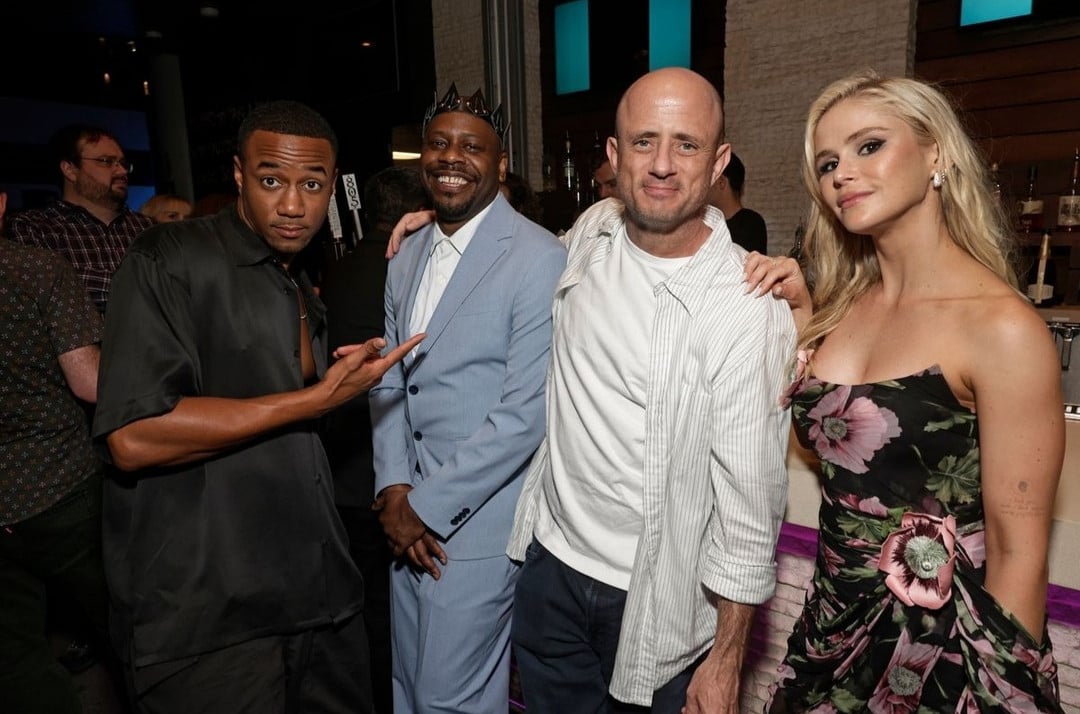
Showing Supes as self-important celebrities is a conscious decision on the creators' part. In an interview with The Hollywood Reporter, showrunner Eric Kripke asserted, "They [superheroes in real life] would be uber-celebrities. So I’d say that’s the thing that makes this show, I think, frankly, more realistic than any other superhero show."
He further added, "It’s about where celebrity and politics intersect, it’s about how people are now packaging their political messages in slick entertainment bites to get the American public to act against their own best interests, and how it’s almost now indistinguishable between the people who have political power and the people who have celebrity power. It’s frighteningly prescient."
However, some of the genre's long-time enthusiasts adhere fervently to its roots, with many oversimplifying the creative intent of The Boys. Antagonists such as Homelander and Soldier Boy [Jensen Ackles], who are clearly branded as the villains in many characters' lives, are reduced to people deserving of unchecked sympathy.
In another interview with The Hollywood Reporter, the showrunner raised concerns over those who fail to understand the wickedly nonconformist story's message. "Some people who watch it think Homelander is the hero. What do you say to that? The show’s many things. Subtle isn’t one of them," he stressed.
This is not to say that the evil characters cannot be enjoyed critically, as the fans at large do subject them to memes and lighthearted jokes. Rather, as Kripke asserted, the show begs its audience for some basic media literacy. Perhaps, that speaks of how unprepared local consumers are when it comes to digesting content that strays from the tradition of its genre. That, of course, does not make The Boys any less of the masterpiece that it is.
Have something to add to the story? Share it in the comments below.


